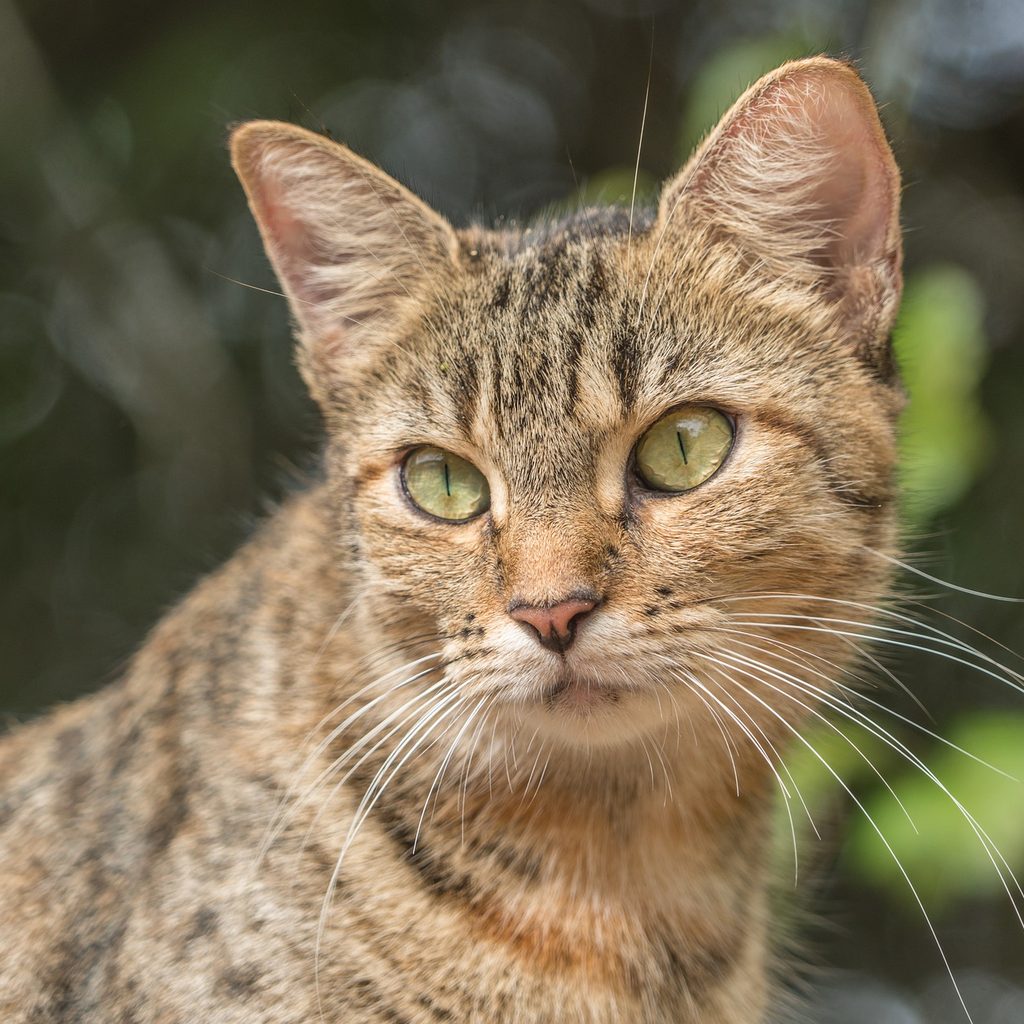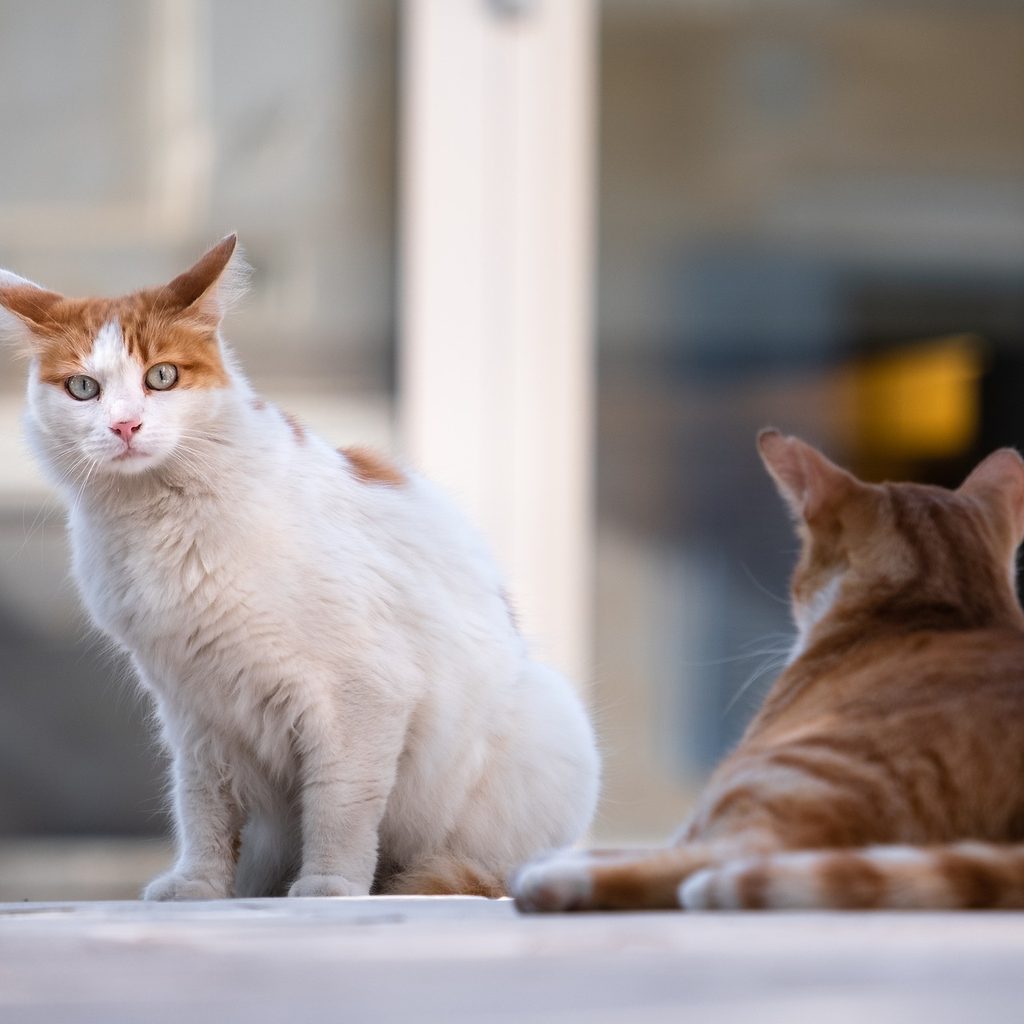If you have cats living around your home, you might be wondering if they’re stray or feral cats. You might even be uncertain of the difference. Feral cats are often misunderstood, but they’re fascinating animals who have found ways to survive in the wild. October 16th is National Feral Cat Day, and it’s also the perfect time to brush up on your knowledge about these cats. Whether you have feral cats living near you or you find all cats fascinating, these six facts can help you better understand how these cats live. And if you think the cats you’re seeing need some help, you’ll also learn how you can best help them — and what you shouldn’t do.
What is a feral cat?
Feral cats are cats who were born wild. Stray cats, in comparison, were usually once someone’s pet.
Because feral cats are wild, they are afraid of people. You usually can’t pick them up and hold them, and in most cases, you can’t even get close to a feral cat. With time, you might be able to win over a feral cat’s trust if you take care of it for months, but the cat will probably trust only you and remain afraid of other humans.

A notched ear means a feral cat is spayed or neutered
You might notice that a feral cat has a small notch or slice out of one ear. Called an ear tip, this is a marker that indicates the cat was trapped, spayed or neutered, vaccinated, and then released again. This practice helps cut down on feral cat overpopulation, but it gives these cats — who wouldn’t be happy living indoors — a chance to go on living their lives.
Feral cats live in colonies
Feral cats live together in groups, called colonies. The cats in these colonies are related to each other, and they’ll usually take up residence in a certain shelter, like a shed. All the cats in the colony stick to the same territory when seeking out food, making themselves a sort of home within an area, and they all stick together.
Feral cats can cause problems for homeowners
If feral cats move into a space near your home, you might start to experience some problems. Males can fight, the cats could transmit diseases to your cats, flea infestations are common, and toms, or male cats, who spray can create strong smells around your home. It can also be upsetting to see cats who are thin, sick, or suffering.

Some people care for feral cat colonies
Some people choose to care for the cat colonies who have moved into their property. Feeding the cats can help keep them at a healthy weight, especially during winters when food is hard to find. If you have a feral cat colony, then working closely with your local Trap-Neuter-Return program can help control the population and keep the cats healthier.
Feral cats aren’t suitable to be adopted
If you have a feral cat colony, trapping the cats and taking them to your local animal shelter isn’t the answer. Feral cats are afraid of humans, and adult cats may have spent years in the wild. In some cases, with intense socialization, young feral kittens can learn to trust humans and can be adopted. For feral cats, going to an animal shelter is traumatizing, and many of these cats are euthanized.
Stray cats, on the other hand, were once domesticated and can often be socialized and live comfortably with humans again. Stray cats are often candidates for adoption through animal shelters. Feral cats aren’t. Keep in mind that they’re wild animals.
That’s why it’s so important to understand how feral cats live and why they don’t trust humans. Trap-Neuter-Return programs can help control feral cat populations, keeping cat colonies healthier through vaccines and population management. Feral cats don’t live an ideal life, but people who care for the colonies can help make the cats’ lives easier. Spaying and neutering cats — both feral and domestic — can further reduce the number of feral cats born each year. If you need help with feral cats, call your animal control officer or a local shelter for information on feral cat programs available in your location.


